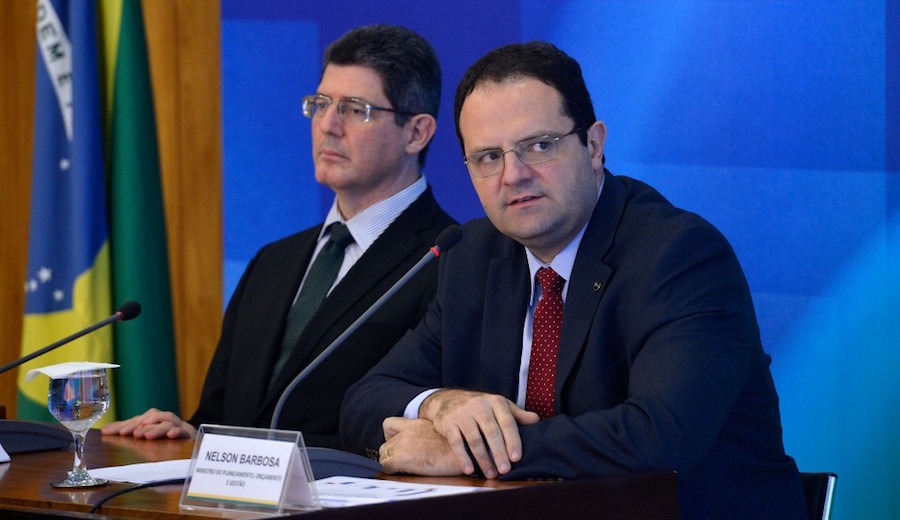Global business and political elites have arrived in Davos, Switzerland for the World Economic Forum 2016 with one clear objective – to ‘improve the state of the world’.
With investors finding themselves in the midst of a severe bear market driven by a hard landing from China and a plummeting oil price, the timing of this year’s Forum could not have been better. The atmosphere on the ground in Davos over the first few days has been one of anxiety as the world’s corporate and political leaders are faced with incredible uncertainty. Global financial markets are entering bearish territory, humanitarian crises exist across the majority of our planet and there is a very real prospect of a new normal for low economic growth.
One of the fundamental issues at this year’s World Economic Forum is how to revive the global economic growth that has stagnated over the past three years. In 2015, global growth failed to exceed 3% and by all accounts 2016 will be similarly unimpressive. The International Monetary Fund has downgraded their forecasts for 2016 growth on three separate occasions. Growth in emerging economies is flat lining. Is this in fact the new normal for the global economy, and if so how should governments and businesses adapt to catalyze growth in the future?
Brazilian Finance Minister Nelson Barbosa was selected by the Forum to answer this very question alongside Nobel Prize Winner in Economics Joseph Stiglitz, Irish Prime Minister Enda Kenny and CEO of SOHO China Zhan Xin. Responding to expectations of subdued growth in Brazil, Barbosa emphasized that this the result of a global economy in transition rather than the onset of a new normal. The international scenario has changed drastically from the high commodity prices that characterized the last decade, which enabled Brazil to finance an abundant social safety net, drastically reduce poverty and increase productivity and foreign direct investment. Over the past few years the global situation has changed. High commodity prices and the access to cheap credit are in decline. Brazil must now consolidate their achievements and prepare for a structural transformation in the global economy.
Taking office less than a month ago, Brazil’s new Finance Minister is at the World Economic Forum to reassure foreign investors that the political situation in the country will be resolved in the short term and that economy will improve. Committed to the drastic fiscal reform introduced by his predecessor Joaquim Levy, Barbosa’s main objective is to shrink the country’s swollen budget and achieve a government surplus of at least 0.5% this year. Once Brazil improves its fiscal situation, investment will increase, inflation will slow and economic growth will resume.
With the traditional paradigm for economic growth under question, the world’s business and political elites are preparing for a structural transformation in the global economy. Global growth will certainly remain a key source for concern in 2016 and investors should therefore adopt a truly global approach to investing.
